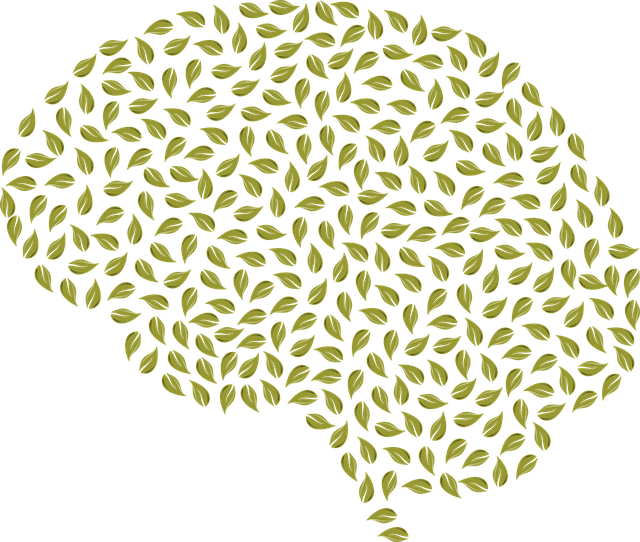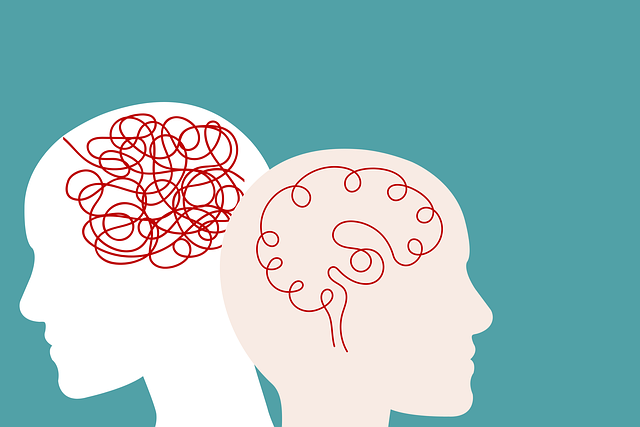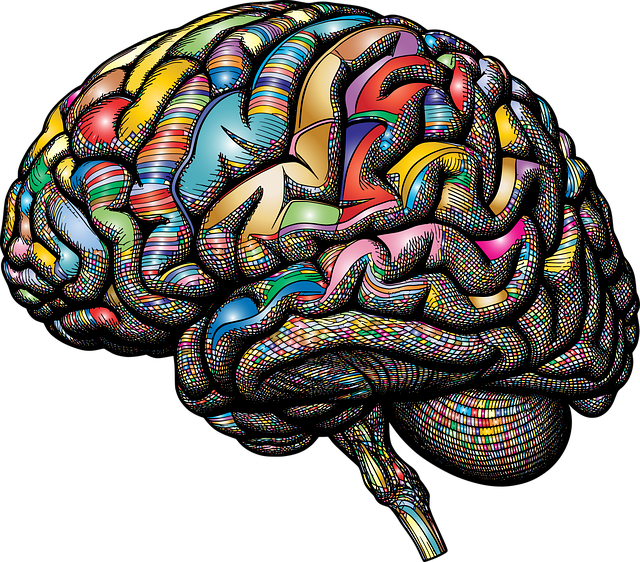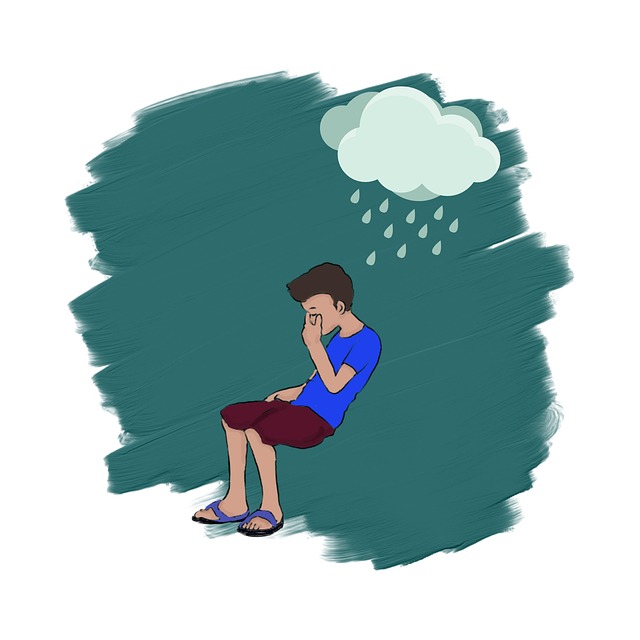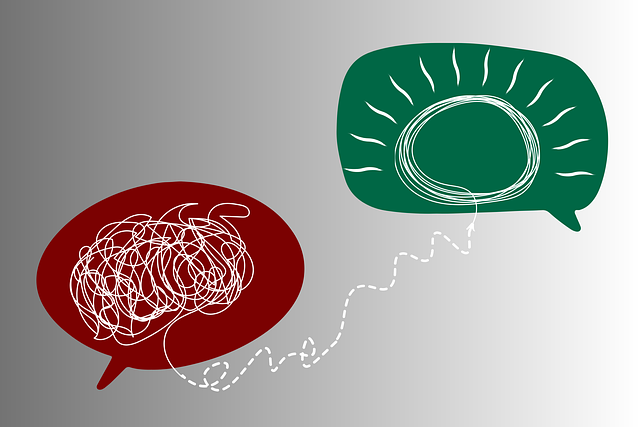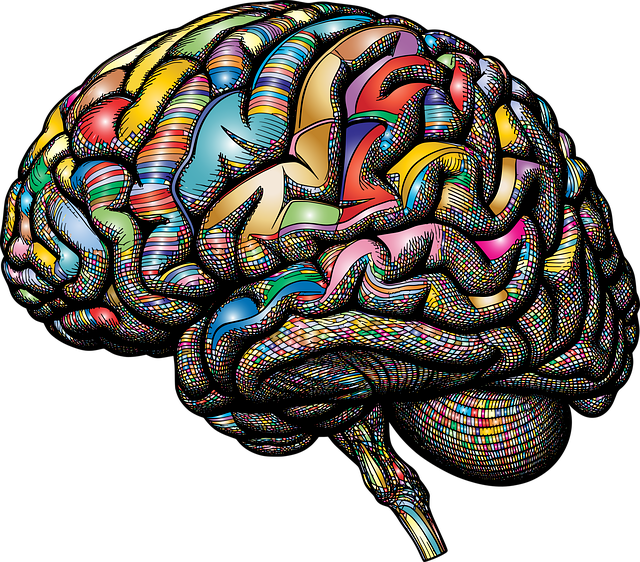Mental wellness self-assessment tools are crucial for early identification and intervention of mental health issues in children, particularly codependency. By integrating these tools into routine check-ups or personal development practices, individuals can proactively manage their mental wellness, prevent burnout among healthcare providers, and support trauma recovery. Creative therapy methods like play, art, and storytelling facilitate emotional expression, improve communication, and address codependency in a developmentally appropriate manner. Regular self-assessments and mental wellness journaling exercises empower parents and caregivers to track changes in behavior, foster open communication, and create safe spaces for children's emotional well-being, while stress reduction methods and risk management planning enhance resilience and prompt support during crises.
Mental wellness self-assessment tools play a pivotal role in early intervention, especially for children exhibiting signs of codependency. This article explores the development and importance of such tools, focusing on identifying codependency in young individuals through behavioral patterns. We delve into designing effective therapy methods, incorporating creative approaches like play, art, and storytelling to engage children during assessment. Additionally, practical strategies are provided for parents and caregivers to implement and monitor self-assessments, fostering a supportive environment for their child’s mental health journey, particularly in addressing codependency issues.
- Understanding Mental Wellness Self-Assessment: The Need for Early Intervention
- Identifying Codependency in Children: Symptoms and Behavioral Patterns
- Designing Effective Therapy Tools: Incorporating Play, Art, and Storytelling for Kids
- Implementing and Monitoring Self-Assessments: Strategies for Parents and Caregivers
Understanding Mental Wellness Self-Assessment: The Need for Early Intervention

Mental wellness self-assessment tools play a pivotal role in identifying and addressing issues early on. In today’s fast-paced world, where stress and anxiety are prevalent, especially among children, having accessible means to evaluate mental health is crucial. Early intervention can prevent more severe conditions from developing, ensuring individuals receive the necessary therapy for children struggling with codependency or other hidden struggles.
These self-assessment tools act as a gateway to understanding one’s emotional state, offering valuable insights that may otherwise remain unseen. By integrating these assessments into routine check-ups or personal development practices, individuals can proactively manage their mental wellness. This is particularly significant in the context of burnout prevention strategies for healthcare providers, where regular self-reflection and coping skills development are essential to maintaining resilience. Trauma support services can also greatly benefit from such tools, enabling those affected to take proactive steps towards healing and recovery.
Identifying Codependency in Children: Symptoms and Behavioral Patterns

Identifying codependency in children can be a complex task as young minds are still developing their emotional intelligence and self-awareness. However, early recognition is crucial for effective therapy for children with codependency issues. Symptoms may manifest as intense emotional responses to minor separations from caregivers or excessive reliance on approval and validation from others. Children might display behaviors such as constant seeking of reassurance, difficulty setting boundaries, and a fear of being alone. They often struggle with self-regulation and may exhibit mood swings or act out in an attempt to gain control in their lives.
Mental wellness journaling exercises can be a powerful guidance tool for children to explore these patterns. Encouraging them to document their emotions and interactions can help identify triggers and develop coping skills. By practicing mindfulness and reflecting on their experiences, children can learn to manage anxiety relief and build healthier relationships. Coping skills development is essential to breaking the cycle of codependency and fostering a sense of independence and self-worth in young individuals.
Designing Effective Therapy Tools: Incorporating Play, Art, and Storytelling for Kids

Designing effective therapy tools for children involves incorporating creative and engaging activities such as play, art, and storytelling. These methods cater to a child’s natural inclination towards imaginative play, making therapy sessions more enjoyable and therapeutic. By using toys, colors, and narratives, therapists can facilitate emotional expression, enhance communication, and address underlying issues like codependency in a developmentally appropriate manner. Play therapy, for instance, allows children to externalize their feelings and explore different perspectives without the constraints of conventional talk therapy.
Art and storytelling offer unique avenues for self-expression, especially for those who may find it challenging to verbalize their experiences. These activities enable kids to convey complex emotions, process traumatic events, and develop coping mechanisms. Moreover, incorporating these creative elements in therapy sessions can improve a child’s mental wellness, enhance their problem-solving skills, and foster resilience. Effective crisis intervention guidance and risk management planning for mental health professionals should always include such innovative approaches tailored to the specific needs of young clients.
Implementing and Monitoring Self-Assessments: Strategies for Parents and Caregivers

Implementing self-assessments as a monitoring tool is an effective strategy for parents and caregivers to support their child’s mental wellness, especially when addressing issues like codependency. These assessments allow for regular check-ins, enabling caregivers to track changes in their child’s emotional state and behavior over time. By integrating this practice into daily routines, parents can foster open communication and create a safe space for their children to express their feelings.
Guided by mental wellness journaling exercises, parents can facilitate self-reflection in their kids, helping them identify triggers and develop healthy coping mechanisms. This process empowers children to take ownership of their emotional well-being. Additionally, incorporating stress reduction methods tailored to their age group can further enhance their resilience. Caregivers should also consider risk management planning, ensuring they are equipped to handle potential crises and provide prompt support or seek professional therapy for children when needed.
Mental wellness self-assessment tools play a pivotal role in identifying issues like codependency early on, especially in children. By incorporating creative approaches such as play, art, and storytelling into therapy, we can make the process engaging and effective. Parents and caregivers are empowered to monitor their child’s mental health through strategic self-assessments, fostering a supportive environment that promotes resilience and overall well-being. Early intervention through these means paves the way for better outcomes and healthier relationships, highlighting the importance of accessible therapy for children and codependency management.

